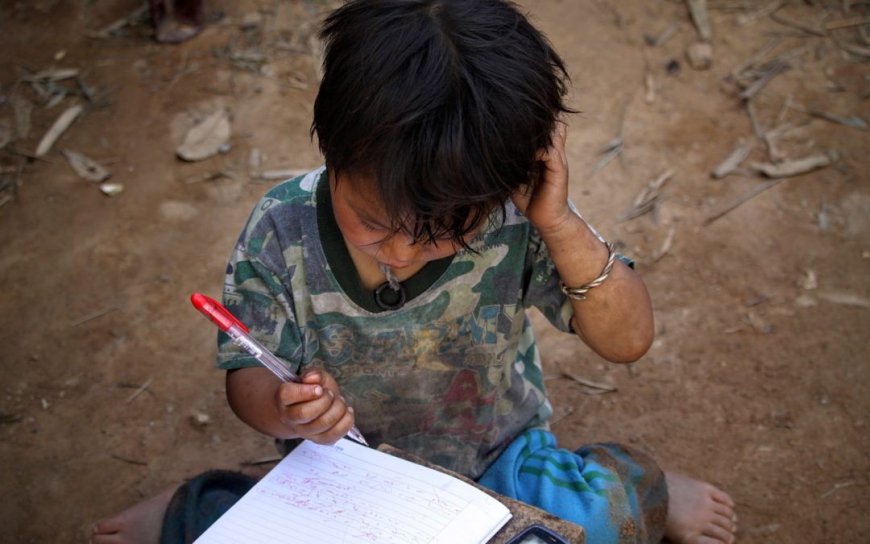In the intricate web of challenges faced by our society, one silent yet powerful force often goes unnoticed – poverty.
Beyond the headlines, it quietly infiltrates our classrooms, leaving an indelible mark on the education landscape. In this article, we unravel the tenfold impact of poverty on education, shedding light on the hurdles faced by those whose potential remains obscured by economic hardship.
Limited Access to Resources:
Children from impoverished backgrounds often lack access to essential educational resources, such as textbooks, technology, and learning materials, putting them at a disadvantage from the very start.

Unequal Learning Opportunities:- Poverty on education
Poverty deepens educational disparities, as affluent students access quality tutoring and extracurriculars, leaving less privileged peers behind.
Inadequate Nutrition:
Malnutrition, a common companion of poverty, directly affects cognitive development. Lack of proper nutrition can impair a child's ability to concentrate and learn, hindering their academic progress.
Limited Parental Involvement:
Economic hardships often force parents to work multiple jobs or irregular hours, leaving little time for involvement in their children's education. This lack of parental engagement can hinder academic success and emotional well-being.
Substandard School Infrastructure:
Schools in economically disadvantaged areas may lack proper infrastructure, including well-maintained buildings, updated classrooms, and essential facilities. These conditions can contribute to a less conducive learning environment.
High Dropout Rates:- Poverty on education
Economic struggles can lead to increased dropout rates, as students may be forced to prioritize immediate financial needs over long-term educational goals, perpetuating a cycle of poverty.
Limited Access to Higher Education:
Financial constraints can limit access to higher education for talented individuals, denying them the opportunity to unlock their full potential and contribute meaningfully to society.
Mental Health Challenges:
The stress and uncertainty associated with poverty can negatively impact students' mental health, leading to increased anxiety, depression, and decreased motivation to excel academically.
Limited Extracurricular Participation:
Participation in extracurricular activities can enhance a student's overall development. However, financial constraints often limit opportunities for impoverished students to engage in such activities.
Struggle for Basic Necessities:
Students living in poverty may face daily challenges, such as inadequate housing, lack of transportation, or unreliable access to utilities, creating additional barriers to consistent attendance and academic focus.
In conclusion, addressing the pervasive impact of poverty on education requires a concerted effort from all facets of society. By acknowledging and actively combating these challenges, we can pave the way for a more inclusive and equitable education system, ensuring that no child's potential is stifled by economic circumstances.
Follows Us for More Updates
Like Us on Facebook Page :
Click Here
Like Us on Instagram :
Click Here






























